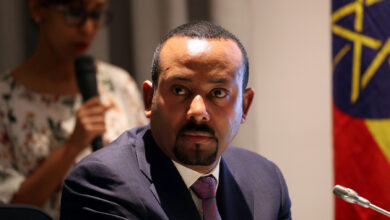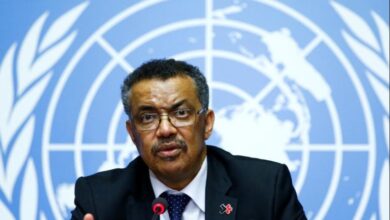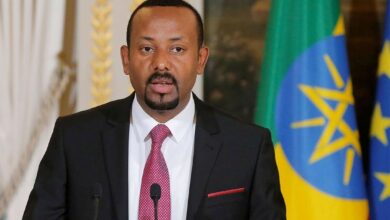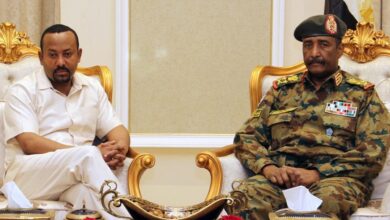Ethiopia
Ethiopia’s Electoral Commission Sets June 21 As New National Election Date
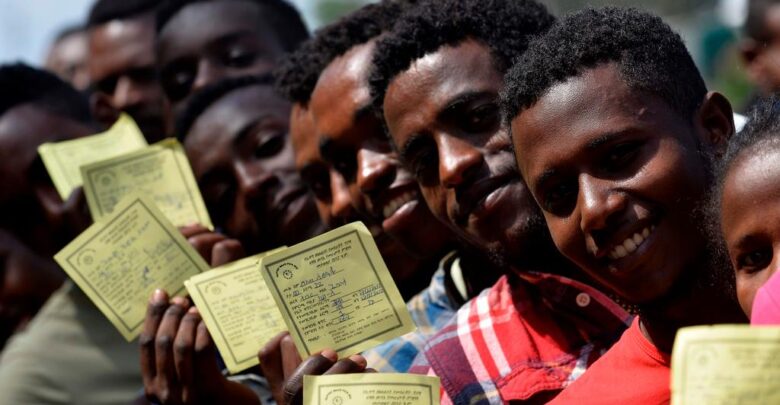
Ethiopia’s electoral commission on Thursday announced the twice-delayed general election has been postponed once again, reported Africa News.
The electoral board spokeswoman Solyana Shimeles announced the new date of June 21 in a press conference on Thursday, following meetings with Prime Minister Abiy Ahmed’s government, opposition parties, and regional officials.
Solyana said she did not expect any further postponement, citing the upcoming rainy season which begins in June and can wreak havoc with infrastructure.
“We’re trying to [hold] it before the rainy season,” she added.
Solyana said the electoral board would need to hire more than 100,000 additional staff and train them on voting day procedures and tabulating results.
Ethiopia was due to hold a national election in August last year, but officials delayed the polls to June 5 of this year because of the coronavirus pandemic. The elections will choose national and regional parliamentarians. The MPs will then elect the prime minister, who is head of government, as well as the president.
On Saturday, the electoral commission announced a further delay to the vote due to logistical issues including finishing printing ballots, training staffers, and compiling voters’ information, without immediately setting a new date.
The election is crucial for Prime Minister Abiy Ahmed, who in 2018 vowed to break from Ethiopia’s authoritarian past in part by holding the most democratic elections the country had ever seen. Abiy introduced sweeping political reforms after taking office in 2018 and won the Nobel Peace Prize the following year.
Last year, the electoral body’s decision to postpone the elections heightened tensions with the Tigray region’s leaders, who declared that the prime minister’s mandate had ended and defiantly held a regional vote of their own that Ethiopia’s government deemed illegal.
The embattled Tigray region is not expected to participate in the June 21 polls.
Some 36 million voters have been registered in Ethiopia. No one has been registered to vote in some areas affected by ethnic violence, including Oromia and Amhara.


